ARA NET-ZERO MASTERCLASS SERIES
ARA NET-ZERO MASTERCLASS SERIES
Module 2: Data Driven Decisions
Understanding your emissions is the first step to reducing your footprint. Once a baseline is established, focusing on the biggest contributors, the level of ambition to reduce emissions will inform the short and long term targets for emissions reduction.
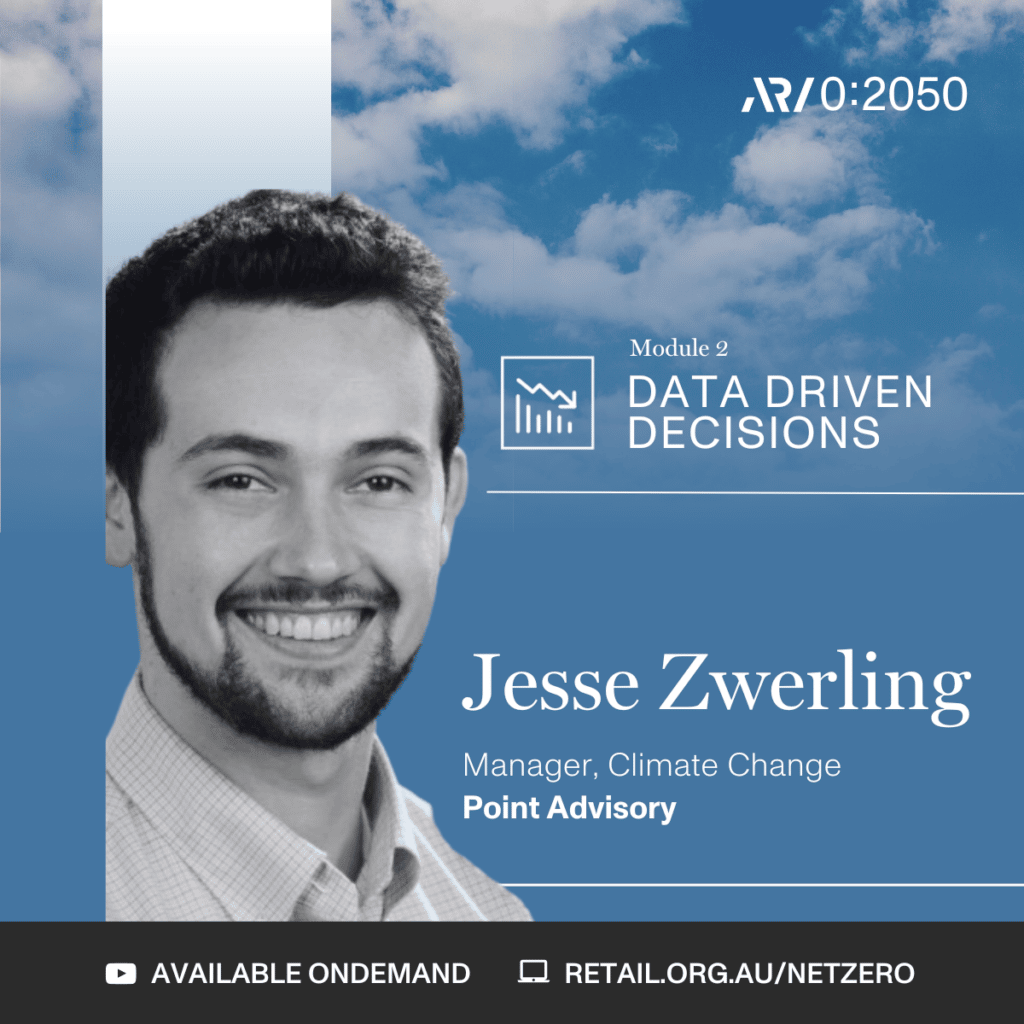
Industry Expert
Jesse Zwerling
Climate Change Manager,
Point Advisory
Jesse is a data engineer by training.
In working with Point Advisory for the past year and a half, he has led the development of multiple greenhouse gas inventories (which includes definition of an organisation’s emissions boundary and relevancy testing of all emission sources), the assessment of emission reduction opportunities and the consequential forecasting of organisational emissions, both under a business-as-usual and ambitious abatement pathway for various clients.
Prior to Point Advisory, Jesse’s spent 5 years consulting for healthcare companies in the United States, requiring techniques in data operation management, data reporting & tool development, portfolio risk assessment & forecasting, and strategy engagements with organizational leadership; his expertise allows for analysis of both qualitative and quantitative inputs.
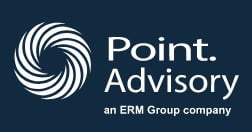
Point Advisory is a leading sustainability strategy consultancy. Our team of engineers, scientists, entrepreneurs, economists and consultants combine deep technical knowledge and expertise with strong international networks. We work with the public, private and social sectors across energy, climate change, environment, human rights, sustainable finance, impact measurement and economics.
We believe in creating a positive impact for our clients and the wider community. As a demonstration of this we became carbon neutral in 2016 and a Certified B CorporationTM in 2017.

Member Expert
Kevin Figueiredo
General Manager – Health, Safety & Sustainability
Super Retail Group
Kevin is passionate about advancing the inclusion of people with disability, mental health and suicide prevention. He has over 23 years of experience leading culture change in large multinational organisations in the areas of physical and psychological safety, enterprise risk, sustainability, and insurance.
Kevin is currently the General Manager Health, Safety and Sustainability for Super Retail Group Ltd. The Super Retail Group network extends over 700 stores and has more than 13,000 team members across Australia, New Zealand and China, housing iconic brands including BCF Boating Camping and Fishing, Macpac, rebel and Supercheap Auto.
He previously worked for the Woolworths Group as General Manager Safety, Health and Wellbeing where he was responsible for the safety of 200,000 team members and over 23 million customers each week.
Kevin has also worked for Westpac as the Head of Health, Safety and Wellbeing and in various safety roles at Goodman Fielder.
Kevin has served on the AND Board since 2006 and previously served on the Board of the Woolworths Team Bank.
He has a Bachelor’s in Chemistry, a Masters in Safety from West Virginia University and is a Graduate of the Australian Institute of Company Directors. Kevin is Fellow and Chartered Generalist OHS Professional of the Australian Institute for Health and Safety and a member of the American Society of Safety Professionals.
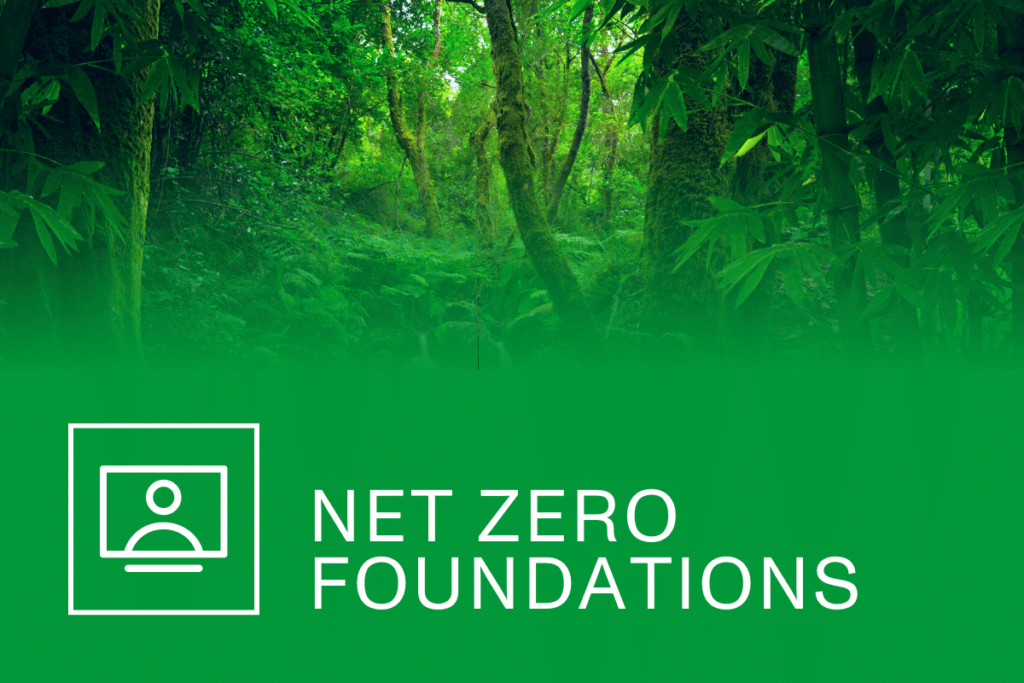
Module 1
Net Zero Foundations
The transition to net zero is going to impact every industry and country. Before we get into the details of ‘how’, we’ll review the ‘why’ – the current science and global political commitments and what that means at a strategic level within your business.
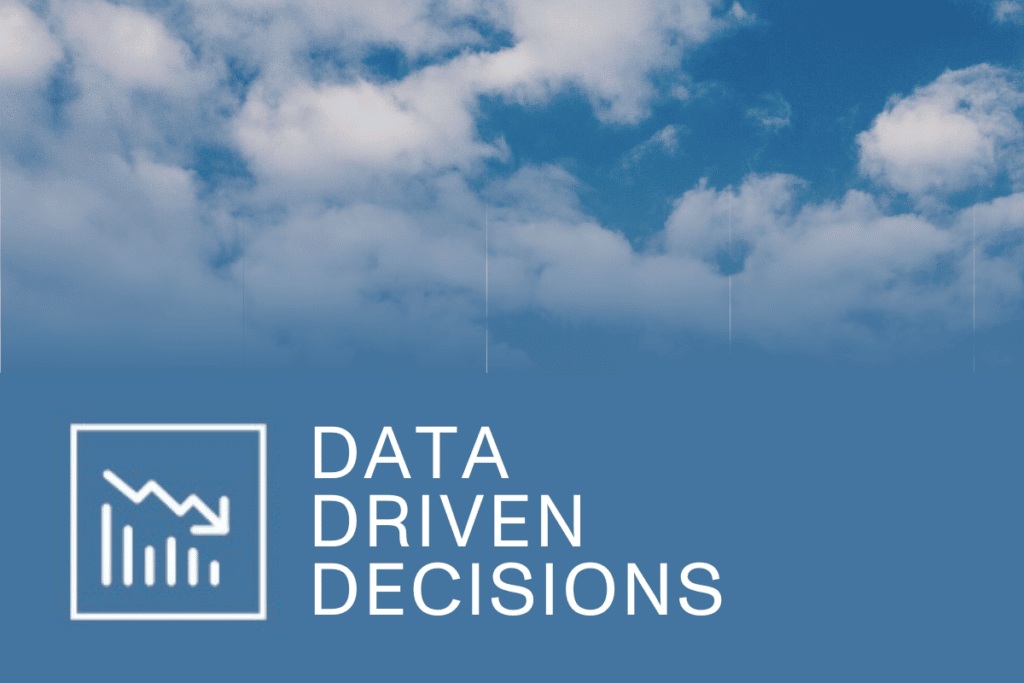
Module 2
Data Driven Decisions
Understanding your emissions is the first step to reducing your footprint. Once a baseline is established, focusing on the biggest contributors, the level of ambition to reduce emissions will inform the short and long term targets for emissions reduction.
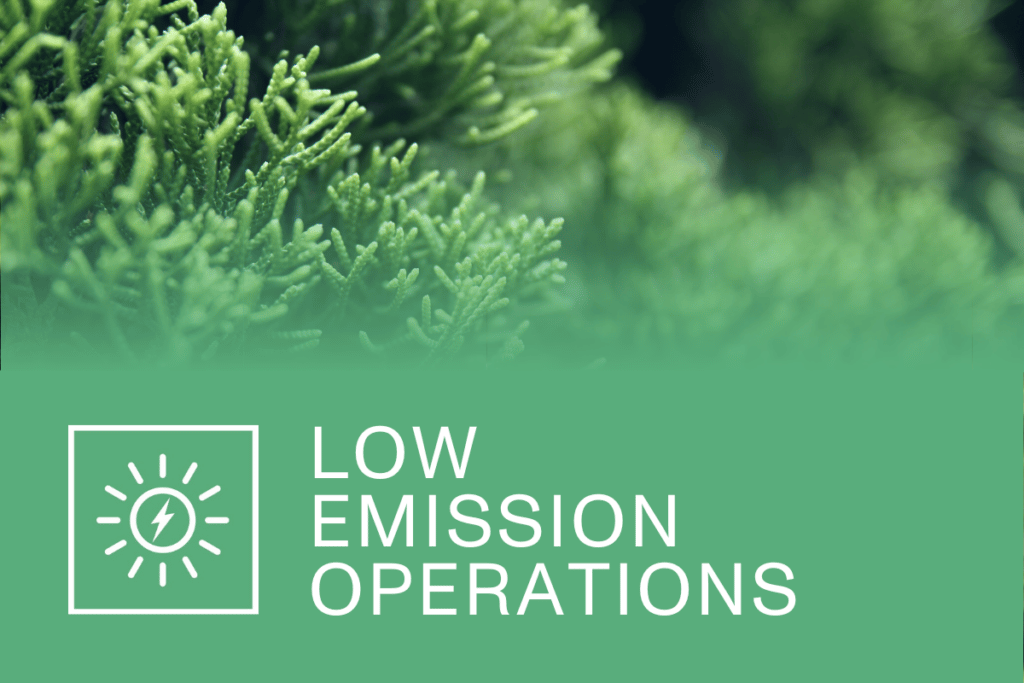
Module 3
Low Emissions Operations
A key emissions reduction focus for retailers is energy use in their operational premises, including using it more efficiently, switching to low carbon energy sources and buying offsets.
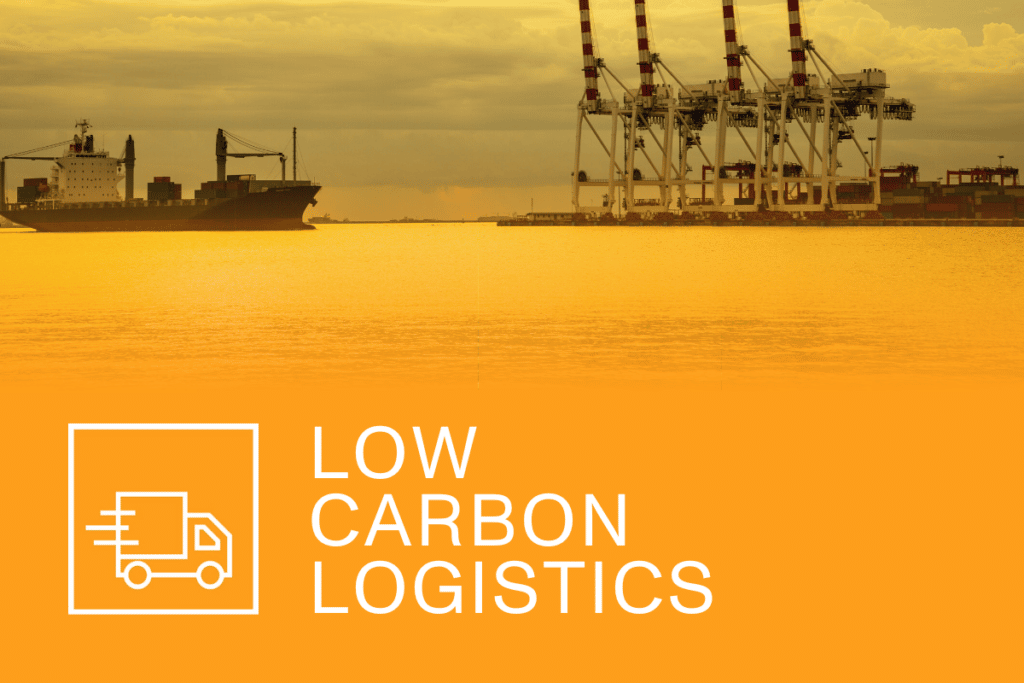
Module 4
Low Carbon Logistics
Transport and freight are another major contributor to most retailers’ footprint. There are a number of strategies to improve vehicle efficiency and switch to low-carbon technologies, both within owned fleet and third party providers.
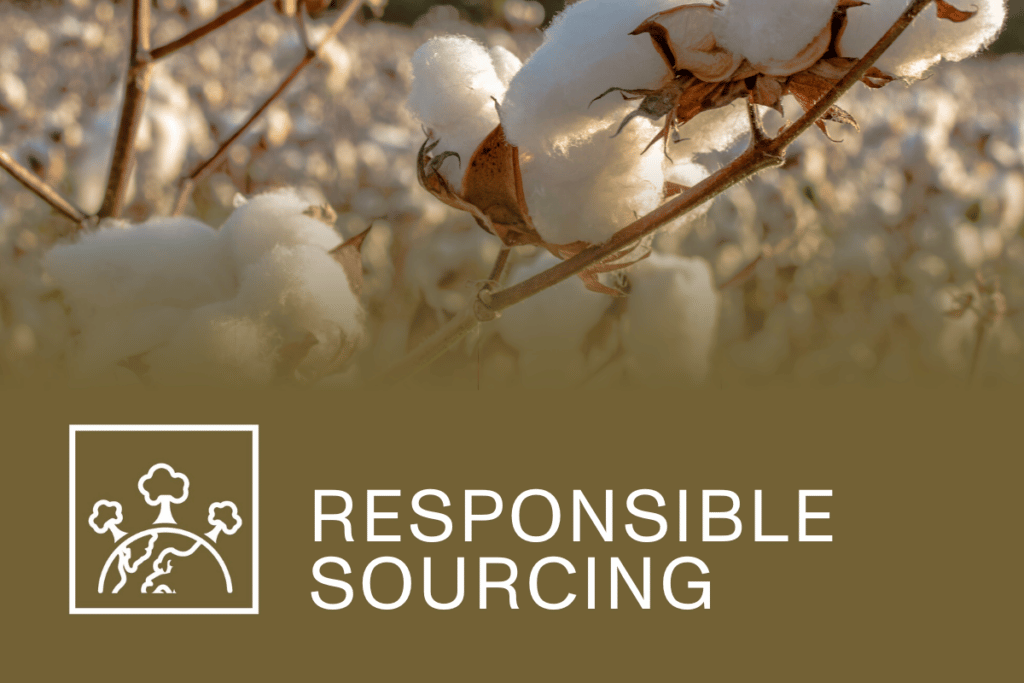
Module 5
Responsible Sourcing
While they are often out of direct control, supply chain emissions are generally the largest contributor of emissions for the retail industry and critical to collectively reaching net zero. Address supply chain emissions through product design, sourcing considerations and supplier engagement.
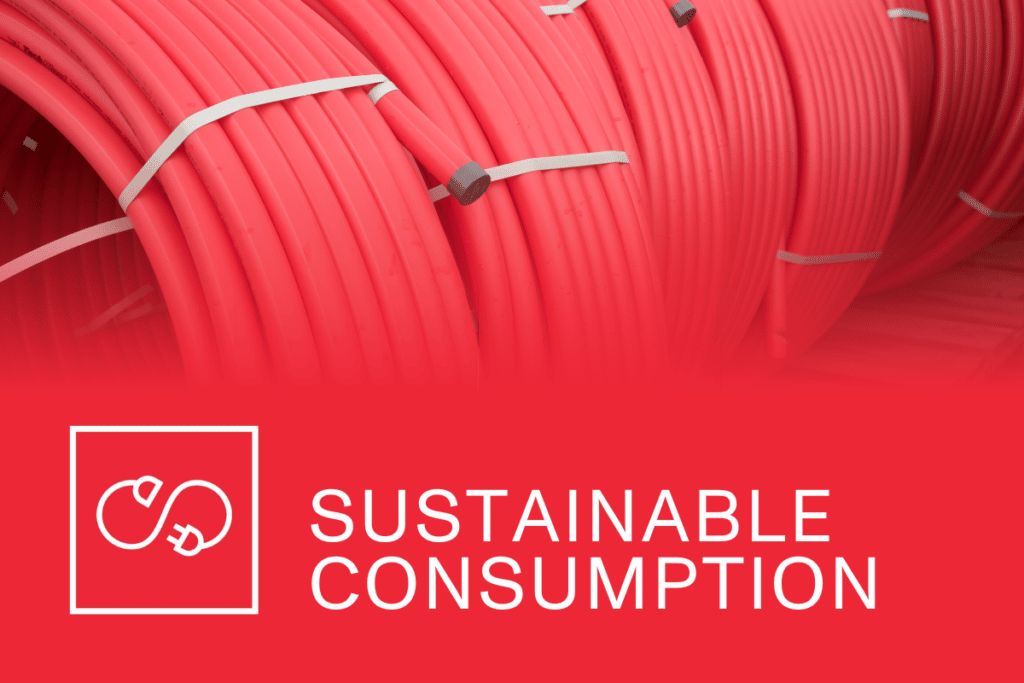
Module 6
Sustainable Consumption
An effective communications strategy provides an important avenue to convey your sustainability commitments, galvanise action and provide tools for change, both internally and externally.




















